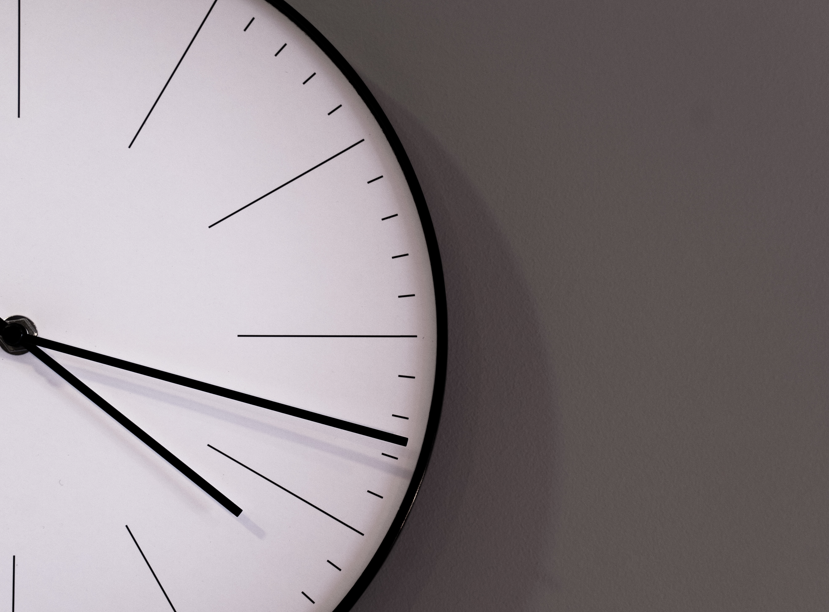The monthly fees that come with owning a condo can get complicated—it helps to know what to watch for
By Lola Augustine Brown
The idea of paying condo fees that’ll take many of the most annoying jobs of homeownership off your hands may seem pretty straightforward; unfortunately, condo fees can be anything but that.
Shelly MacMillan, the president of the Condo Owners Council of Alberta (COCOA), says that many new condo owners spend more time scrutinizing the details of their cellphone contracts than they do their condo-fee agreements. “People assume their lawyers or realtors will examine every aspect of this, but that isn’t always the case and they can find themselves in trouble after they move in. There’s no consumer protection on condos, so owners have to be very, very vigilant,” MacMillan says.
Knowing which potential problems to watch for with condo fees can save you a whole lot of money and stress down the road, and may well change your idea of what the perfect condo offers. Here’s what you need to know before signing on the dotted line.
Fees don’t cover everything
Condo fees are worked out so that every owner pays a percentage of the costs associated with running and maintaining the building, a proportion in line with that of the value of their condo relative to the entire building. So if you have a compact one-bedroom, you shouldn’t be paying the same for your unit as the person who owns the building’s sprawling penthouse; therefore, the condo fees will reflect that.
Not surprisingly, buildings with more amenities or features, such as pools and gyms, and those with beautiful landscaping outside are going to have higher fees—and a greater chance that those fees will increase more often and more steeply than those in buildings with fewer extras.
In an ideal world, the fee you pay each month, in combination with the reserve (a pool of savings that the building maintains for emergencies), would cover all eventualities.
Things happen, though, and if there isn’t enough money, you’ll be expected to pony up more cash. This is why it’s important to know what work has already been done in the building, what’s being planned, and what is likely to be needed in the future. Whether or not you get that info before buying depends on the province you live in, as requirements for building owners to provide that info vary.
“In Ontario, reserve-fund studies are mandatory; when you’re looking at a condo, you can see a copy of that study, so you have a sense of the history of the maintenance of the building, what’s taking place, how much money is in the reserve for future repairs, and the kinds of things that are coming up,” explains Tony Gioventu, the executive director of the Condominium Home Owners Association of BC (CHOA). “In British Columbia, those studies are called depreciation reports. They came into effect only in the last five years and they’re not mandatory. So you have no real idea of the history of the maintenance cycles of the building. The buyer is at a disadvantage.”
MacMillan says that she’s encountered many new owners who have struggled with sudden hikes in condo fees. “We get e-mails from people on fixed incomes who’ve been hit with special assessments eight months after moving in—suddenly they’re expected to find an extra five or six thousand dollars,” she says. “And the corporation that you’ve bought into can legally go after you for that money if you don’t have it. In most cases, you can make payment arrangements, but in some cases, the company may say, ‘Here’s the $12,000 special assessment and we need payment within 30 days.’ That’s a devastating situation for people.”
Beware of low condo fees
If you’re looking at a condo with significantly lower fees or if sellers seem proud that fees haven’t increased in years, you need to look that gift horse in the mouth. Fees need to increase to cover maintenance of the building’s systems, let alone to cover any new issues that arise. Gioventu says he advises condo owners to expect monthly fees to rise by one to two per cent a year, depending on the age and condition of the building. “You see buildings that haven’t had an increase in 10 years and that’s not possible—you know that they’re ignoring things; they’re neglecting things, burying things,” he says.
This isn’t a problem only with established condo buildings.
“Developers put in first-year budgets that make the costs look more affordable, but within a year or two, the annual budgets have to almost double to cover the real operating costs,” Gioventu says. Because of this, it can be hard to know what your fees will actually be and to budget for them until you’re already living there and facing increases.
Fees rise with the rate of inflation
Deanna White of Ottawa bought her first condo four years ago and says that the condo fees and what they covered were factors in her decision.
“While I had a financial ceiling, not having to do chores such as snow removal or dragging garbage containers to and from the curb was priceless to me,” she says. “I went into this knowing that condo fees rarely go down and most likely go up every year. So I make sure I budget every year in anticipation.”
An important consideration right now is how COVID-19 is affecting construction costs, as some contractors are reporting increases of more than 30 per cent for the cost of lumber and other materials. White says that she’s already budgeting for that. “Repairs need to get done and fees will have to go up to cover them.”
One of the greatest influences on condo fees today— and looking forward—is the cost of insurance, Gioventu says. “We’re seeing a lot of global conditions that affect insurance and we don’t yet know the implications that COVID-19 will have on the insurance industry,” he explains.
“In recent years in BC, we’ve seen insurance costs for buildings increase by 200 to 300 per cent—and those increases get rolled into condo fees.
“In metropolitan areas, fees in some buildings have increased by 15 to 30 per cent in the past two years. Before buying into a building, you should see a copy of the insurance policy and see whether it has a claims history that is exposing it to rapid increases.” While some of those insurance increases are simply related to market conditions, the claims history of the building will influence the cost of insurance.
You may not always agree with increases or have the power to veto them
When you’re buying into a condominium building, you don’t have the same level of control that you have with homeownership.
“You’re buying into a condo corporation, which is essentially a non-profit business, and you become business partners with a bunch of people you’ve never met,” Mac- Millan says. This means that if the board agrees on an increase to cover the cost of a needed repair, you’re on the hook.
Moreover, you’re going into business with people who may not have a clue about how to run a condo building.
“In Alberta, there’s no qualification needed to sit on a condo board, though other provinces require that board members take a course so that they understand what’s involved,” MacMillan says. Given that, joining the board may be a sound way to help protect your investment.
And what if the board members are a disagreeable bunch? Look at the condo regulations—they may be waving a big red flag that may influence your decision to buy.
“If you’re looking at a building that has a long list of bylaws and rules, you’re looking at a building that probably has a history of litigation; that’s going to affect everybody’s pocketbook, as the building has to cover the cost of lawyers,” Gioventu warns.
Do your homework
In an ideal world, your realtor will know the condo building you’re interested in inside and out, but that isn’t always the case. Look at past condo-board meeting notes to get a feel for how issues in the building are managed, because good management tends to result in more stable condo fees.
Susan Sinanan has owned a condo in Vancouver for 11 years. Before buying, she says, she looked through four months of meeting minutes and made sure she knew exactly what had been done and what repairs were being planned. Still, not everything that should have been done was, as she is finding out in her role as the vice-president of her condo council. “We’re playing catch-up and starting to get the building in good shape.”
Gioventu advises asking to see a copy of the building’s utility bills and finding out what energy upgrades, if any, have been done. “These are upgrades that are low-hanging fruit, such as converting to LED lighting, which is inexpensive and gives a huge cost return within a year or two,” he says. If your board is doing such upgrades, it can be a good indication that they get ahead of problems instead of simply reacting when things go wrong.
Ultimately, the onus is on the buyer to find out what condo fees cover and whether they’re reasonable. If you do as much research as you can before buying, you’re more likely to avoid any nasty surprises once you’re settled in your new space.
Photo by Anders Holm-Jensen on Unsplash






